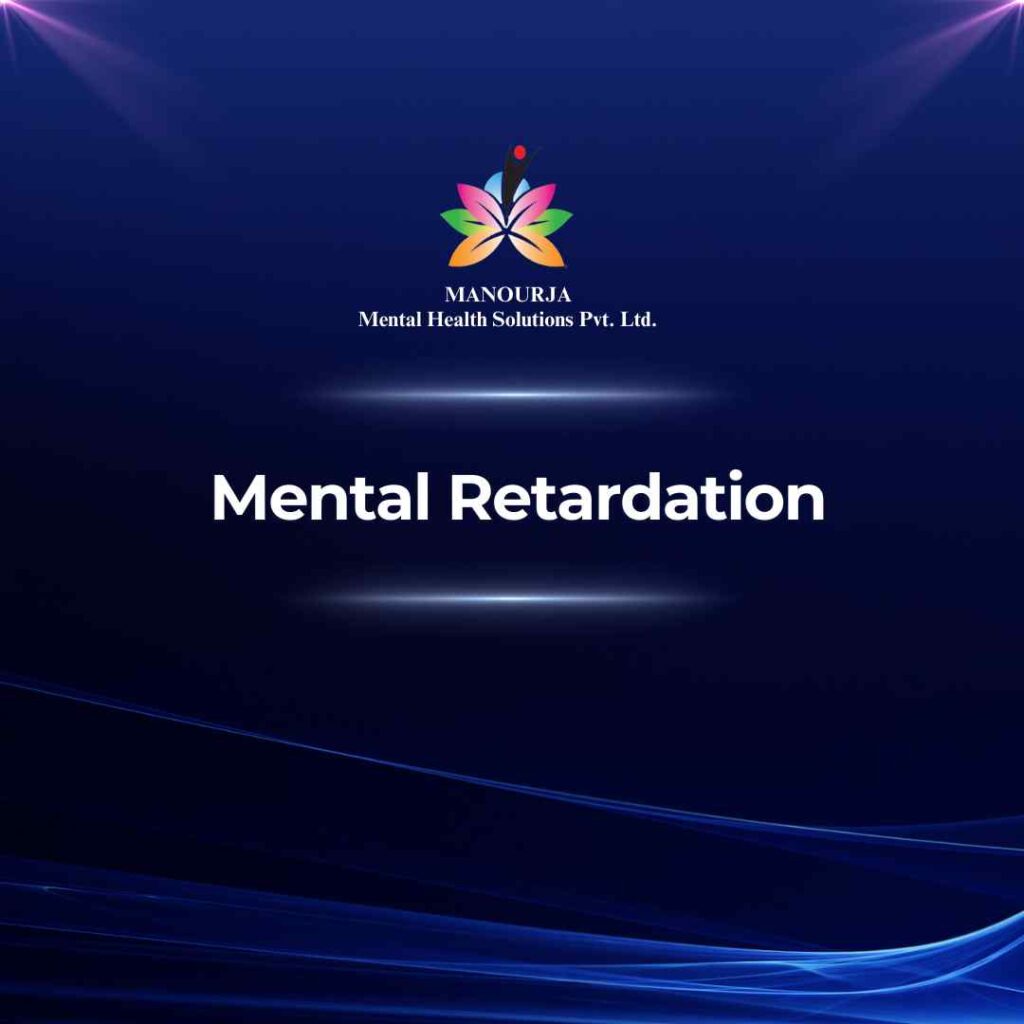Mental Retardation

“Mental retardation,” now more commonly referred to as intellectual disability, is a developmental disorder characterized by limitations in intellectual functioning (such as reasoning, learning, problem-solving) and adaptive behaviors (abilities to live independently and function in daily life).
Intellectual disability is not considered a mental illness itself but rather a neurodevelopmental condition. It is typically diagnosed early in life and is characterized by:
- Intellectual functioning: Individuals with intellectual disability have IQ scores below a certain threshold (typically around 70) and may have difficulty with tasks requiring reasoning, learning, and problem-solving.
- Adaptive behaviors: These refer to skills necessary for daily life, such as communication, social interactions, and self-care. Challenges in adaptive behaviors can vary widely among individuals.
Conditions Where Intellectual Disability May Co-occur
While intellectual disability itself is not a mental illness, it can coexist with other mental health conditions or developmental disorders, such as:
- Autism Spectrum Disorder (ASD): Some individuals with ASD may also have intellectual disability, impacting their social communication and interaction skills.
- Down Syndrome: A genetic condition often associated with intellectual disability, characterized by distinct physical features and developmental delays.
- Fragile X Syndrome: A genetic disorder that can lead to intellectual disability, learning challenges, and social difficulties.
- Fetal Alcohol Spectrum Disorders (FASD): Prenatal exposure to alcohol can result in a range of developmental disabilities, including intellectual disability.
- Genetic Disorders: Various genetic conditions (such as Prader-Willi syndrome, Williams syndrome) can lead to intellectual disability alongside other physical and developmental challenges.
- Cerebral Palsy: A group of disorders affecting movement and muscle tone, which can sometimes be accompanied by intellectual disability.
- Chromosomal Disorders: Certain chromosomal abnormalities (such as Turner syndrome or Klinefelter syndrome) may also be associated with intellectual disability.
Treatment and Support
Treatment for intellectual disability focuses on improving adaptive skills, providing educational support, and addressing any co-occurring conditions or health issues. Early intervention and ongoing support can significantly enhance quality of life and independence for individuals with intellectual disabilities.
At MANOURJA, we believe in the transformative power of counseling. Our experienced therapists offer a safe and supportive space where you can explore your thoughts, emotions, and challenges. Through personalized counselling sessions, we’ll work together to develop coping strategies, build resilience, and achieve lasting positive change. Discover the path to a healthier, happier you with MANOURJA counselling services.
MANOURJA Rehabilitation Services
At MANOURJA, we’re dedicated to helping you in rebuild your life, after difficult times. Our rehabilitation services focus on understanding what you need to move forward, whether you’re recovering from addiction, trauma, or any psychological – social challenges. We create personalized plans, that are all about helping you, regain your strength and find hope again. With a caring team by your side, you’ll have the support to make real progress and take steps toward a brighter, healthier future.
